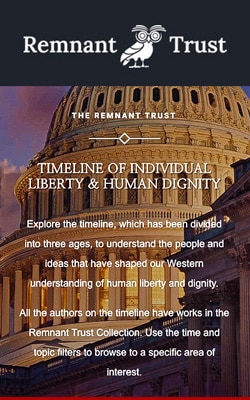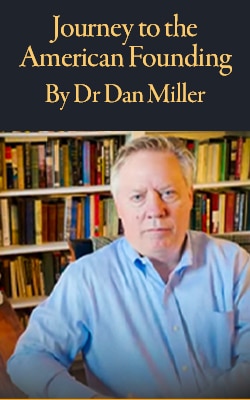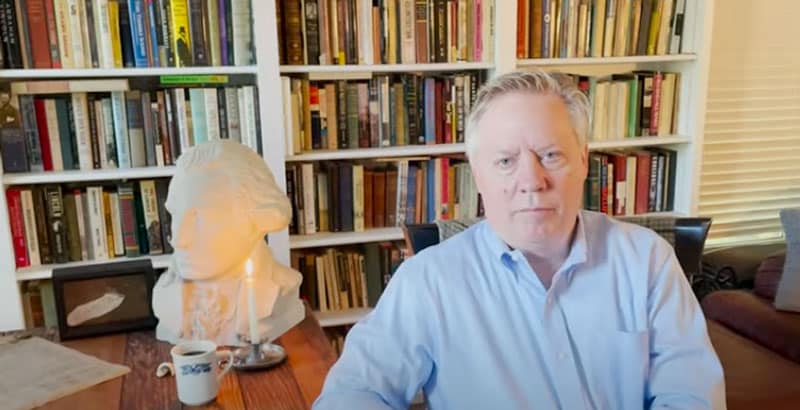Journey to the American Founding
May 25 1773
The stories we’re seeing from the last half of 1772 and early 1773 are a mixture of change and continuity. Surrounding the mixture is an intensification of actions and decisions. The new and old twist together in revolving cycles. The pace is not what it once was—it has picked up speed.
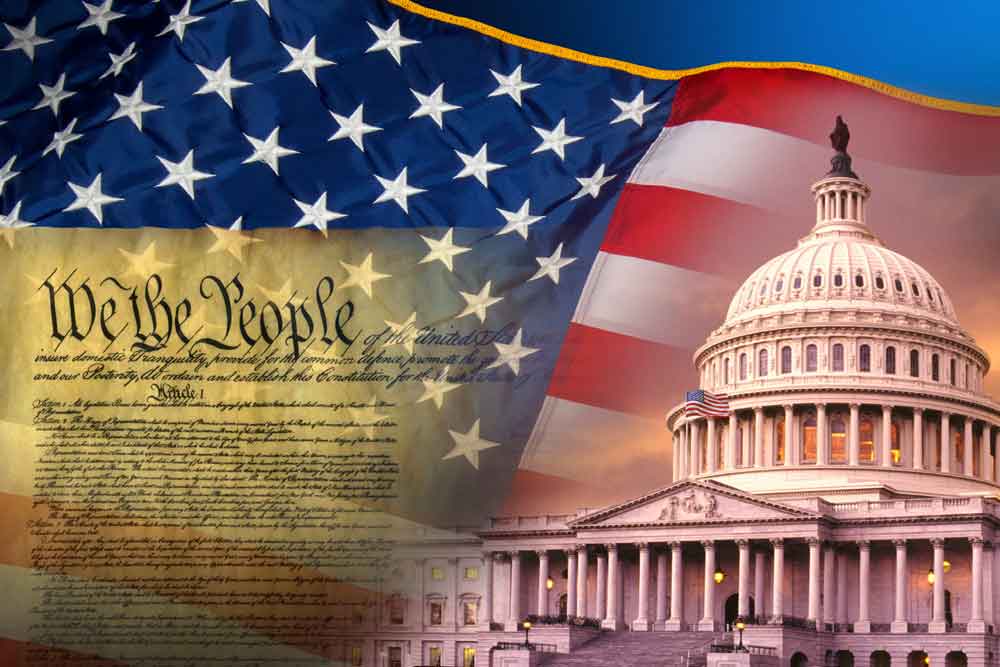
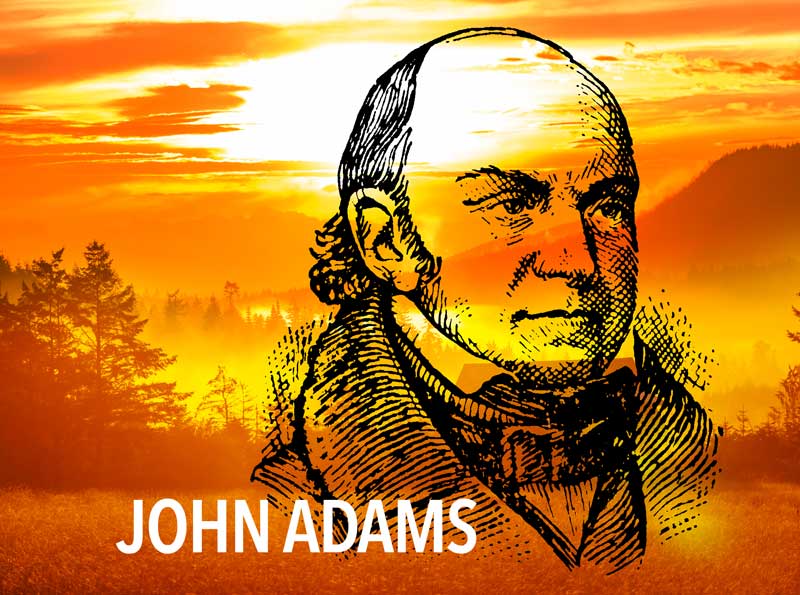
Excerpts from: Americanism Redux: May 25, on the journey to the American Founding, 250 years ago today, in 1773
He agonizes. John Adams agonizes, to himself, in his diary, today, 250 years ago.
“Tomorrow is our General Election.”
“The Plotts, Plans, Schemes, and Machinations of this Evening and Night, will be very numerous. By the number of Ministerial, Governmental People returned, and by the Secrecy of the Friends of Liberty, relating to the grand discovery of the complete Evidence of the whole Mystery of Iniquity, I much fear the Elections will go unhappily.”
“For myself, I own I tremble at the Thought of an Election. What will be expected of me? What will be required of me? What Duties and Obligations will result to me, from an Election? What Duties to my God, my King, my Country, my Family, my Friends, myself? . . .
“If I should be called in the Course of Providence to take a Part in public Life, I shall Act a fearless, intrepid, undaunted Part, at all Hazards— . . .
But if I should be excused, by a Non Election, or by the Executive of Prerogative from engaging in public Business, I shall enjoy a sweet Tranquility, in the Pursuit of my private Business, in the Education of my Children and in a constant Attention to the Preservation of my Health. . .
“But I was not sent into the World to spend my days in Sports, Diversions and Pleasures.”
“I was born for Business; for both Activity and Study. I have little Appetite, or Relish for any Thing else.”
“I must double and redouble my Diligence, I must be more constant to my office and my Pen. Constancy accomplishes more than Rapidity. Continual Attention will do great Things. Frugality, of Time, is the greatest Art as well as Virtue. This Economy will produce Knowledge as well as Wealth.”
Also
Later tonight, Adams will spend time at a friend’s house listening to a Christian minister talk for more than an hour about the Otis family. The talk is sharply negative, the minister poking fun at the Otises for ignorance and outlandish behavior despite being one of the most recognizable pro-colonial rights families in Boston. . .
Later and later in the night Adams returns home and listens to his wife Abigail tell about her evening at a different home. She’s been with her friends and has heard one of the guests, John Hancock, one of the richest merchants who supports the pro-colonial rights cause, tell openly of plans and strategies for tomorrow’s elections. John Adams worries that Hancock’s unguarded conversation will be secretly passed along to people who are opposed to colonial rights and in favor of imperial authority. . . .
* * * * * * *
A written report of the Tea Act, passed in Parliament and approved as imperial law by King George III about two weeks ago, is aboard ship approximately 200 miles west of England. The vessel and the document sail a portion of the Atlantic Ocean known as the West European Basin with its depths of roughly 9000 feet. . . .
* * * * * * *
For You Now
Can you get to the depths? How about the depths of self-assessment, self-criticism, self-reflection shown by John Adams?
He knows it’s an important time for some ridge-crossing of his own. He knows he may or may not be chosen by voters to represent them. He also knows that the colonial legislature of Massachusetts, if he wins election to the body, will select members to serve in the upper chamber of the legislature, called the Council. And Adams knows that British Royal Governor Thomas Hutchinson, a public leader of the pro-imperial cause, has the power and authority—”the prerogative”—to reject anyone he deems unfit for service on the Council. Adams knows Hutchinson hates him.
Adams craves the opportunity to contribute.
The days running up to the election are filthy dirty, a foul mess. So too is the tendency of some people who are relaxing with friends and acquaintances, . . .
That’s the public life, the private life, the real life. But still Adams wants to be a part of it, to do his part for it, to act out the part he believes the Great Author has written for him to play. The time is now.
Am I ready?
Suggestion
Consider the ability of a leader to self-evaluate in a time like our own. Would you want such a leader to emulate Adams’s example? Do you do it yourself?
TITLE: Americanism Redux: May 25, on the journey to the American Founding, 250 years ago today, in 1773
By Dr. Dan Miller
To know us better then is to know us more fully now. Welcome to Americanism Redux and my one-a-week stories of 250 years ago. For the all the stories thus far, Visit Historical Solutions, Dr Dan Miller’s website>
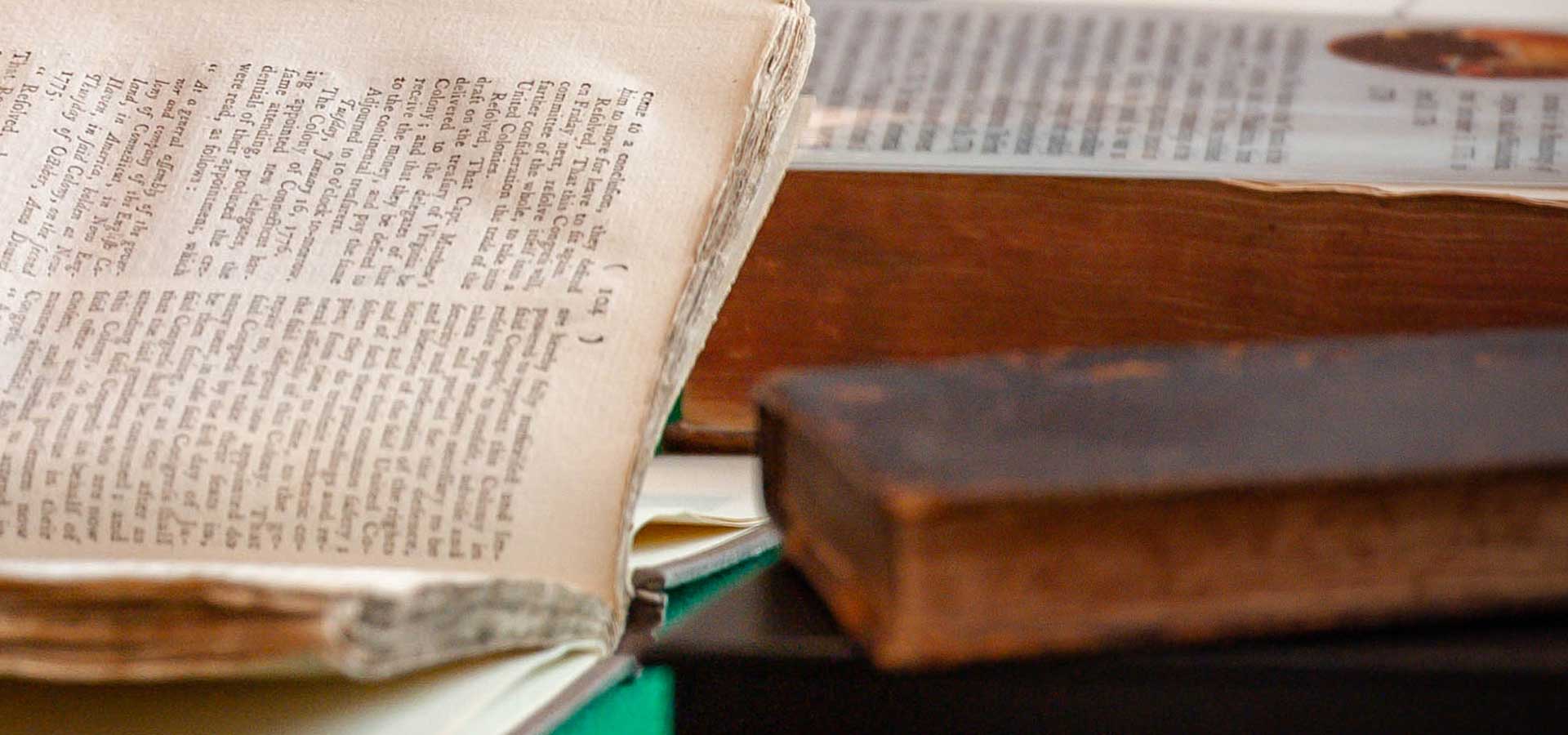
Reference: The Remnant Trust Collection
A Selection of the Patriotic Addresses, to the President of the United States. Together with the President’s Answers. Presented in the Year One Thousand Seven Hundress and Ninety-Eight, and the Twenty-Second of the Independence of America. – Reference #0278
“A quarter-century after his diary entry in 1773, John Adams is the recipient of a special set of writings.”
View The Remnant Trust “Wisdom of the Ages Athenaeum PDF for reference>
Journey to the American Founding
Welcome to Americanism Redux, a series by historian author, Dr. Dan Miller. He explores what Americanism meant 250 years ago and its significance for America today.
What Can I Do?
We invite you to share our passion for Individual Liberty and Human Dignity to a new generation including educators, students, business leaders and Americans from all walks of life.
